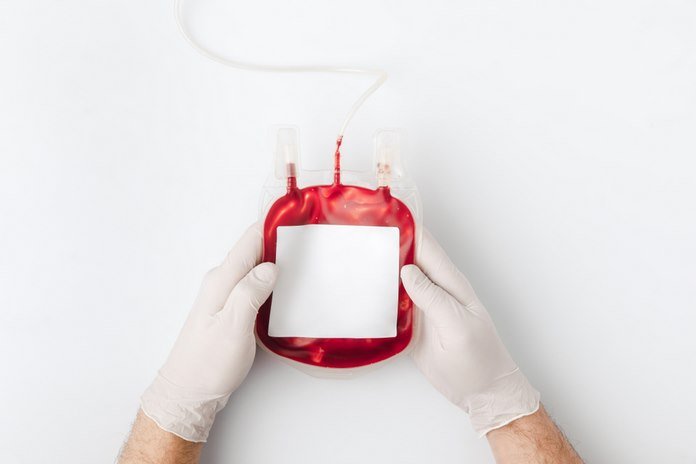Blood donations

Blood donations used to be a major risk factor for worldwide transmission of hepatitis C and all other types of hepatitis infections. Before strict aseptic measures were advised by the WHO and other health care organizations in the 90s, donated blood was considered the primary source of hepatitis C infection. It also carries the highest rate of transmission as the infected blood is being directly injected into the blood circulation of the receiving person.
Since 1991, all blood donations are checked for hepatitis C, hepatitis B as well as other blood-transmitted bacterias and viruses. If you received blood products or blood transfusions before this time, there is a small chance you may have gotten hepatitis C infection.
If you have medical or dental treatment or a blood transfusion overseas where there is a doubt about unsterilized medical equipment, there is a high chance you may become infected with this virus. As already discussed, the virus can survive for several weeks in traces of blood left on medical as well as non-medical equipment.

